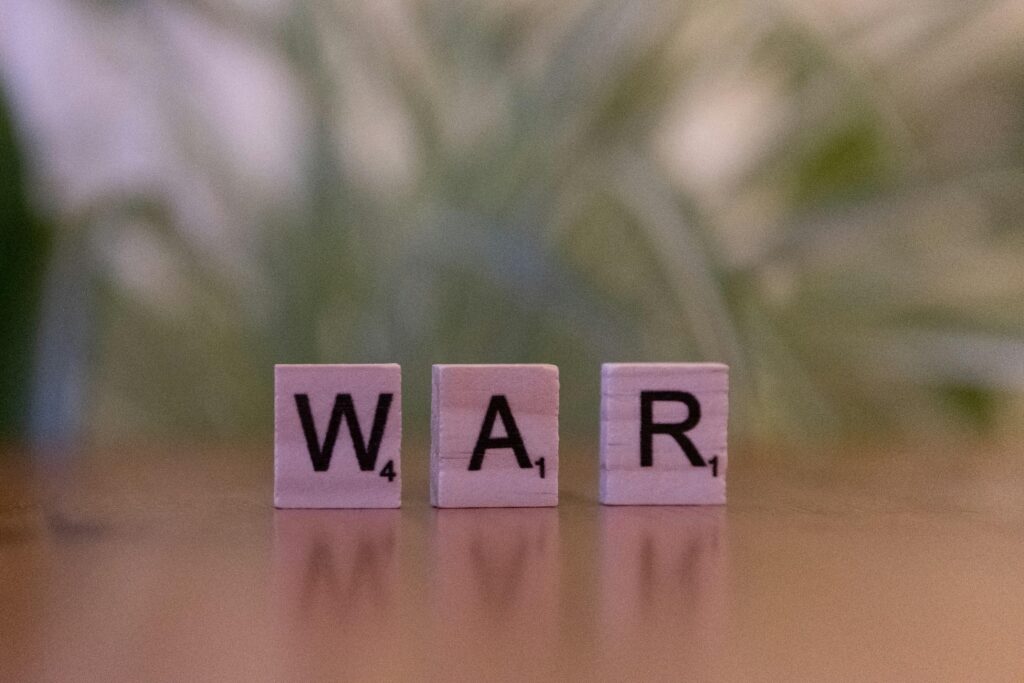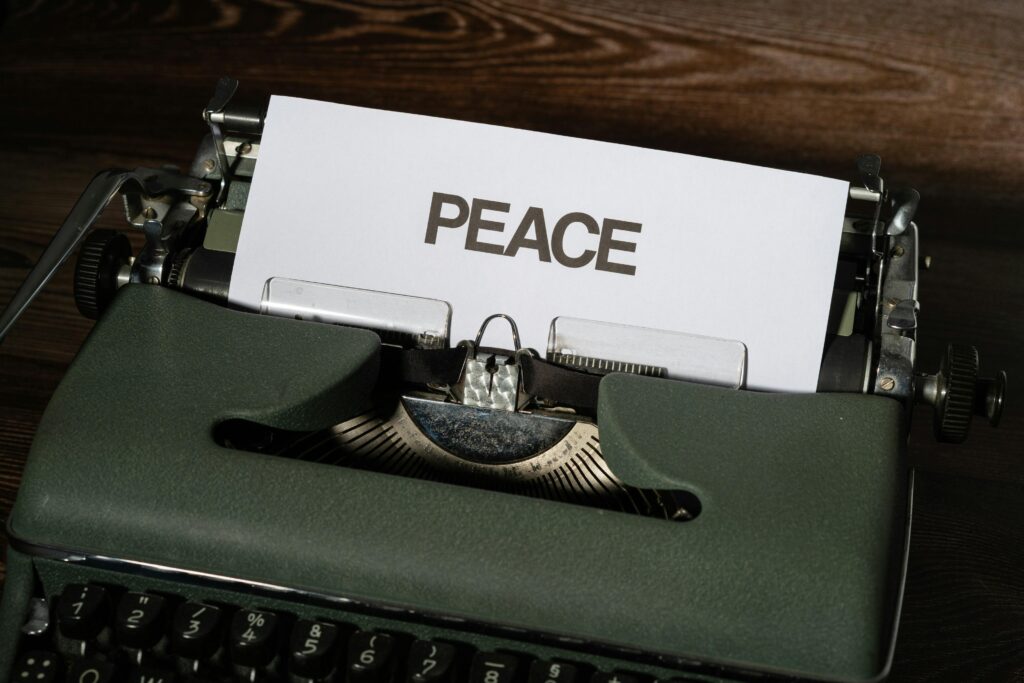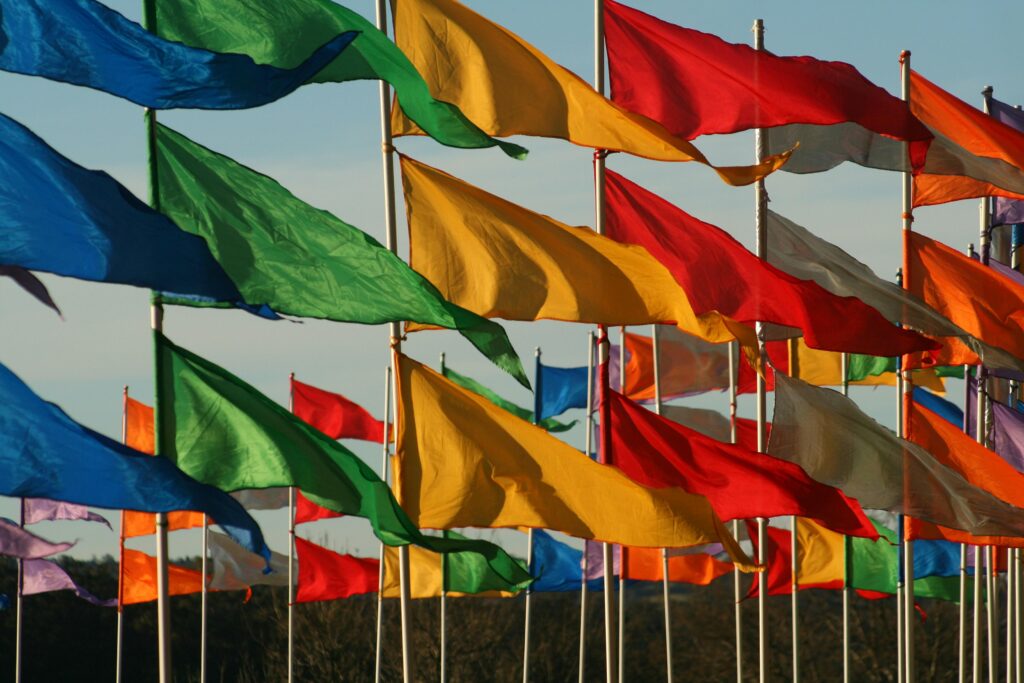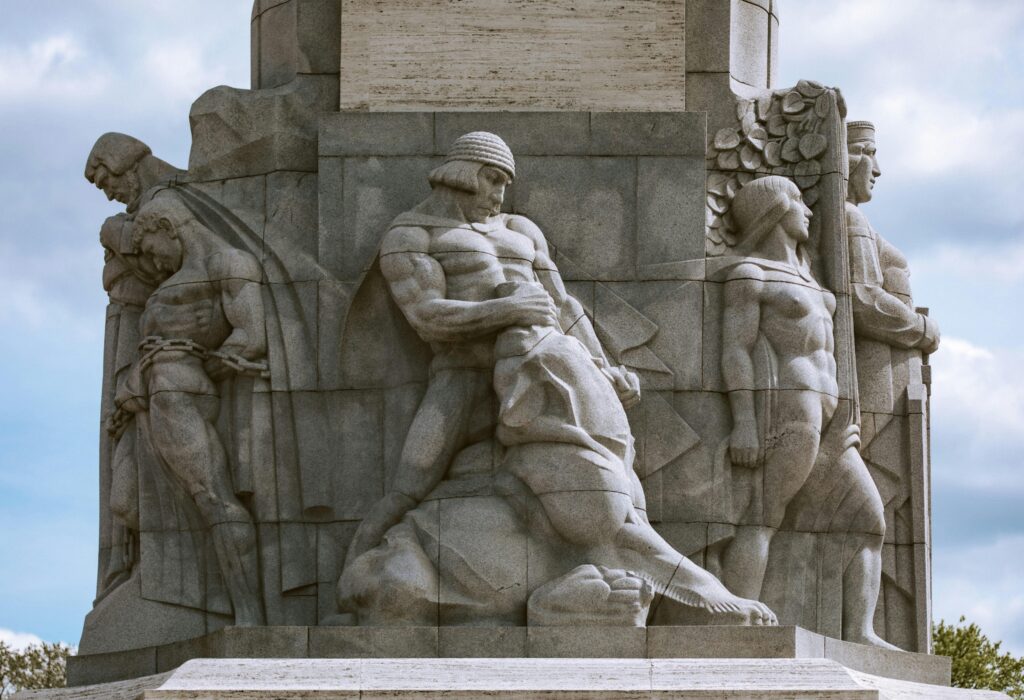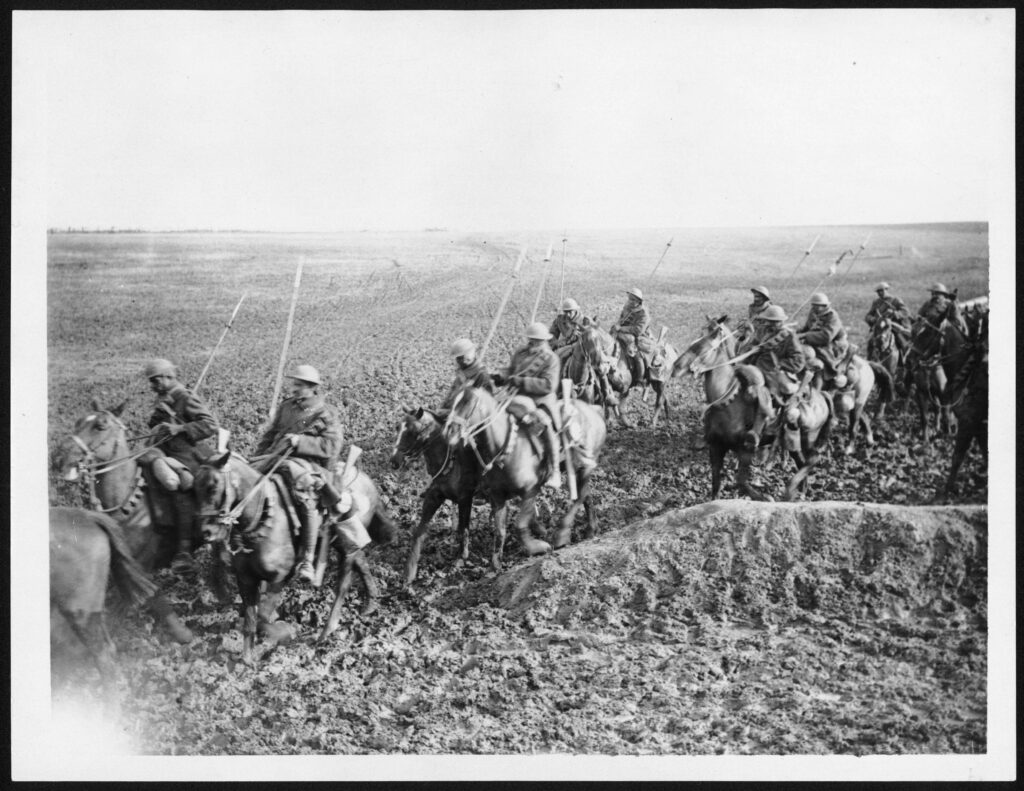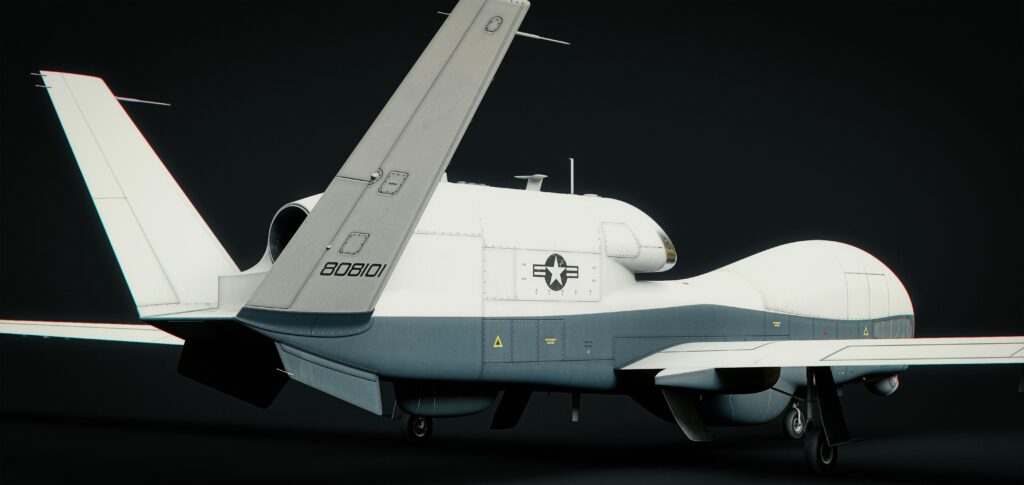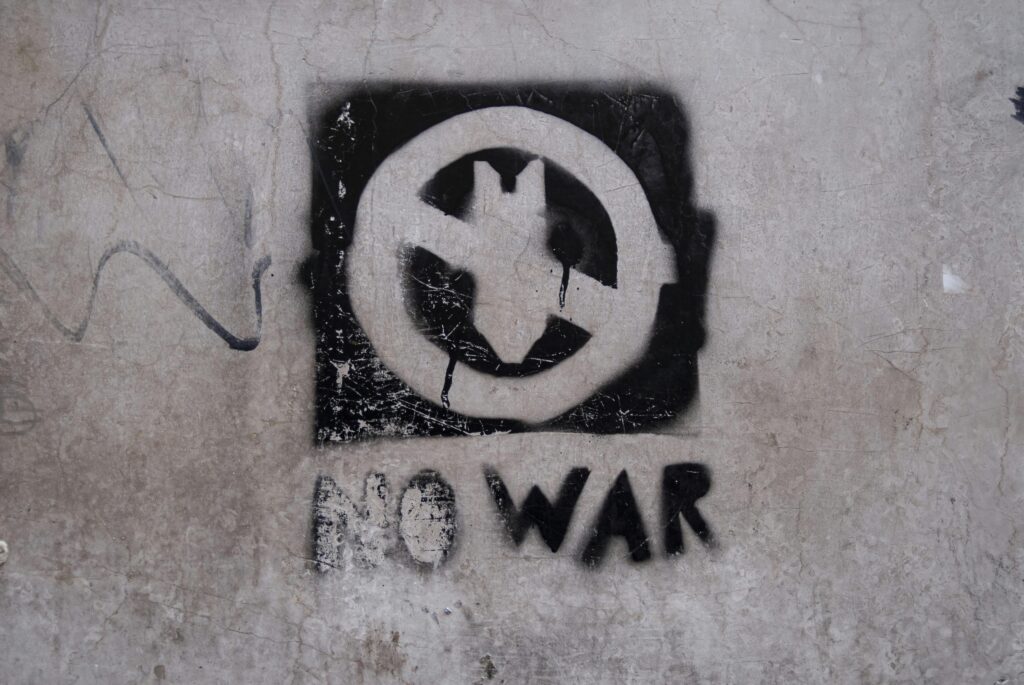In the ever-evolving landscape of global politics, few topics have stirred as much debate and strategic recalibration as NATO expansion. What started as a Western security alliance during the Cold War has transformed into a powerful force reshaping geopolitics in the 21st century. From the Baltic states’ integration to recent discussions about new members, NATO’s growth is not just about defense—it’s about influence, alliances, and the delicate balance of power worldwide. In this article, we delve into how NATO expansion is redefining global power dynamics, the motivations behind it, and the ripple effects felt from Europe to the Asia-Pacific region. Whether you’re a policy enthusiast or just curious about world affairs, understanding NATO’s evolving role is key to unpacking the complex chess game of international relations today.
Table of Contents
- The Strategic Implications of NATO’s Growing Membership
- Balancing Power Dynamics in Eastern Europe and Beyond
- Economic and Military Challenges for New Member States
- Recommendations for a Cohesive and Forward-Looking NATO Strategy
- Wrapping Up
The Strategic Implications of NATO’s Growing Membership
The continuous enlargement of NATO has undoubtedly altered the strategic landscape of international relations. As new members join the alliance, the balance of power shifts, compelling both Western powers and other global actors to reassess their foreign policies. This expansion not only extends the alliance’s military reach but also signifies a broader ideological commitment to democratic values and collective security. Countries at the fringes of Europe and neighboring regions now find themselves under the NATO umbrella, impacting regional dynamics and introducing new security challenges. This has fueled debates about deterrence, defense spending, and the potential for escalation with rival states, especially in Eastern Europe and the Arctic.
Moreover, NATO’s growth encourages cooperation in non-military domains such as cybersecurity, intelligence sharing, and crisis response, creating a multifaceted bloc capable of addressing 21st-century threats. Key implications include:
- Strengthened transatlantic ties, boosting diplomatic and military coordination between North America and Europe.
- Heightened geopolitical tensions with nations perceiving expansion as encirclement or provocation.
- Increased burden-sharing which pressures newer members to elevate defense standards and contribute more actively.
- Expanded arenas of influence that now extend into previously neutral or contested territories, impacting local geopolitics and alliances.
These strategic implications underscore the complex and evolving role NATO plays in shaping not just regional but global power configurations.
Balancing Power Dynamics in Eastern Europe and Beyond
The shifting alliances and spheres of influence in Eastern Europe underscore a complex dance of power where traditional rivalries meet modern strategic interests. NATO’s incremental expansion has redefined security landscapes, often prompting Moscow to recalibrate its geopolitical strategies and military posturing. This realignment is not merely about territorial lines but reflects a deeper contest over the future trajectories of governance, economic integration, and military collaboration across the region. As countries align themselves under NATO’s umbrella, they also navigate the intricate pressures of balancing national sovereignty with collective defense commitments.
Beyond the immediate theater of Eastern Europe, these power adjustments ripple into global diplomacy, impacting relationships with China, the Middle East, and beyond. Key factors influencing this dynamic include:
- Energy security concerns, where control over pipelines and supply routes remains critical.
- Technological competition in cyber defenses and intelligence-sharing frameworks.
- Economic alliances that intertwine defense postures with trade and investment decisions.
This evolving balance highlights the nuanced challenge of fostering stability while managing the ambitions of multiple state actors, revealing that power in the 21st century is as much about strategic partnerships as it is about military might.
Economic and Military Challenges for New Member States
New members of NATO often find themselves navigating complex economic terrain as they align their defense budgets with alliance requirements. Many of these states face formidable tasks, including modernizing outdated military equipment and meeting the 2% GDP defense spending target set by the alliance. These financial pressures can strain national economies, especially when weighed against pressing domestic priorities like healthcare and infrastructure. The challenge extends beyond mere budgeting: the integration of advanced technology and interoperability standards demands sustained investment and skilled personnel, which smaller economies may struggle to provide.
On the military front, transitioning from legacy Soviet-era systems to NATO-standard platforms is no small feat. New member states must overhaul command structures, increase joint training exercises, and enhance cybersecurity capabilities to effectively contribute to collective defense. This transformation often requires extensive cooperation and knowledge exchange with established NATO partners. Additionally, the evolving geopolitical landscape compels these nations to remain vigilant against hybrid threats, necessitating robust intelligence-sharing networks and rapid response mechanisms. Ultimately, these economic and military challenges shape not only the readiness of new allies but also the strategic depth of the entire alliance.
- Budgetary adjustments to support modernized defense systems
- Training and interoperability within NATO frameworks
- Addressing hybrid warfare and cybersecurity threats
- Strengthening intelligence-sharing with allied forces
Recommendations for a Cohesive and Forward-Looking NATO Strategy
To ensure NATO remains a decisive actor on the world stage, its strategy must be both adaptive and inclusive. Embracing a multi-dimensional approach that integrates diplomatic engagement, cutting-edge defense technologies, and robust alliance cohesion is essential. This involves prioritizing interoperability among member states, fostering innovation in cyber and space domains, and strengthening rapid response capabilities to emerging threats. Equally important is enhancing partnerships beyond the traditional Euro-Atlantic sphere to build a network of trust with key global players, creating a buffer against geopolitical turbulence.
Forward-thinking policies should also focus on sustaining internal unity amid diverging national interests while balancing deterrence with dialogue. Recommended pillars for this evolving strategy include:
- Strategic resilience: Building infrastructure and intelligence-sharing frameworks to withstand hybrid warfare tactics.
- Inclusive security architecture: Encouraging dialogue platforms that extend NATO’s influence through cooperation rather than confrontation.
- Environmental and energy security: Addressing climate change as a catalyst for global instability and carefully managing energy dependencies.
By weaving these elements together, NATO can craft a robust blueprint that not only safeguards current members but also shapes a stable and collaborative international order for decades to come.
Wrapping Up
As NATO continues to expand, its impact on global power dynamics and geopolitical landscapes remains undeniable. This growth not only reshapes alliances but also challenges traditional spheres of influence, prompting both cooperation and contention on the world stage. Understanding NATO’s evolving role is crucial for anyone following international relations today, as the alliance’s decisions will undoubtedly shape the future balance of power—and the stability—of our global community. Stay tuned as this story unfolds, influencing diplomacy, security, and the very fabric of international politics in the years to come.



